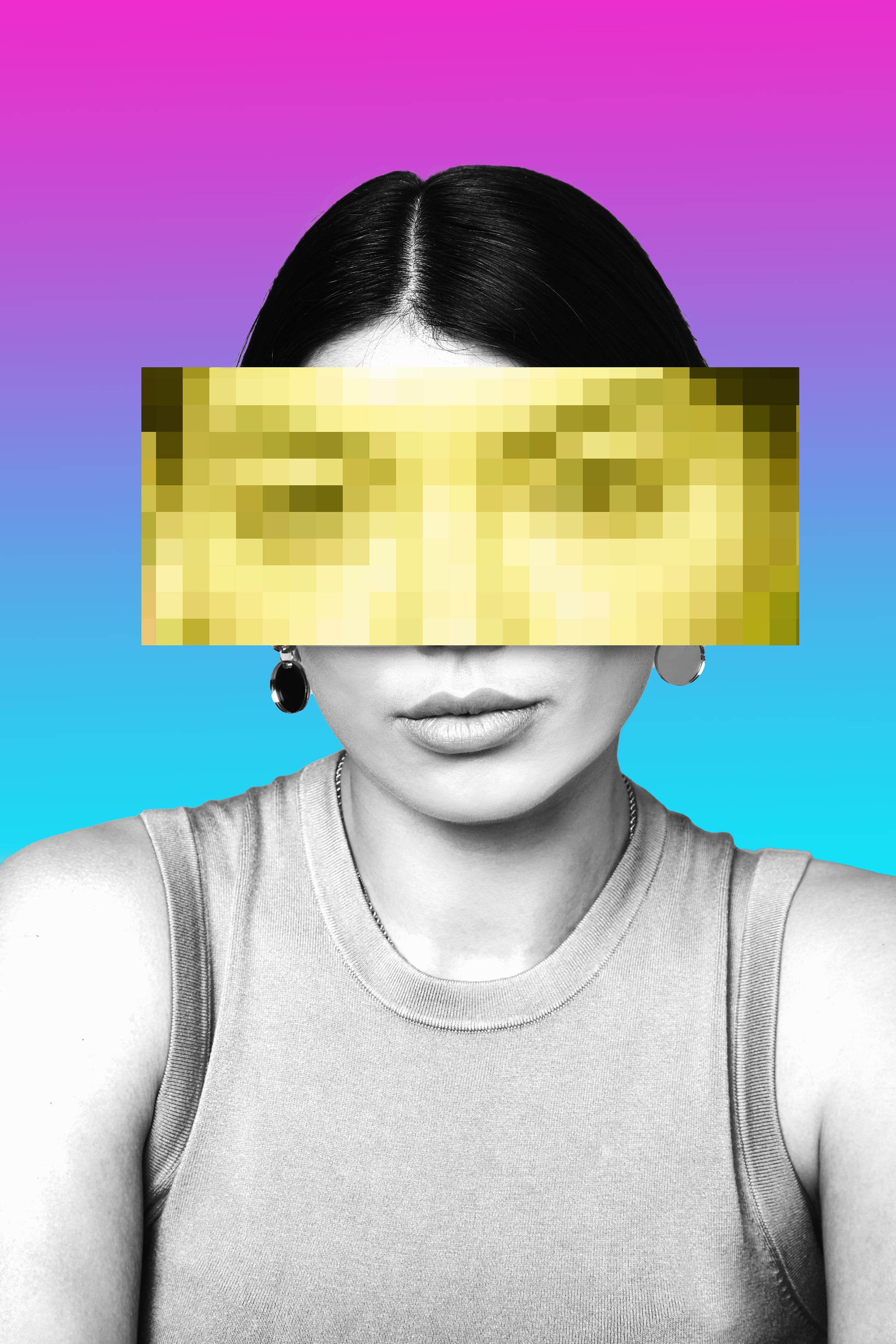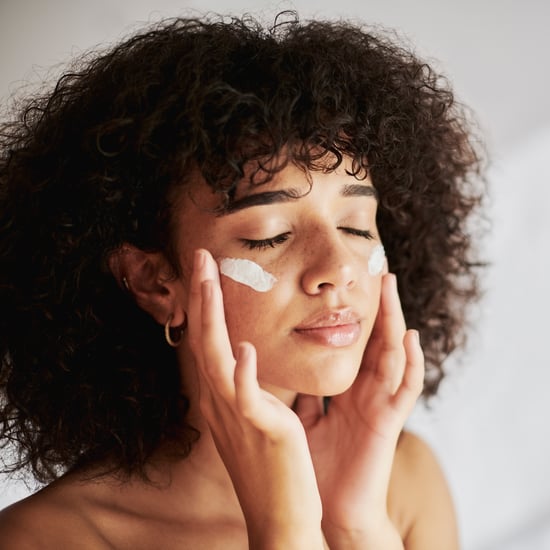What is a Dopamine Detox
What Is the Viral Dopamine Detox — And Should You Try One?

Ever get that overwhelming urge for a breather? A break from the constant temptation and stimulation that surrounds us; our Instagram feed, the TikTok For You page, video games, bingeing that series on Netflix, and so on? We love these habits — after all, they provide a quick pick-me-up, a surge of motivation, and a fleeting sense of pleasure. But they come at a cost, wiring our brains for instant gratification.
That's where a dopamine detox could come in handy. In her "Anything Goes" podcast, social media star Emma Chamberlain speaks about trying the detox for a week, setting rules such as no social media scrolling, no online shopping, no food deliveries, no video content, no music or podcasts and no using the internet, unless it's for learning. Yes, it may sound like a Gen Z version of hell, but people who have followed in Chamberlain's footsteps say they have reaped the benefits, such as a drop in screentime and less feelings of anxiety.
To get the low down on dopamine detoxing, Claudia Dumond, holistic health coach and founder of Minimondo shared her expertise on the practice, the benefits and how best to take part as well as personalising your detox to your lifestyle.
What Is A Dopamine Detox?
Dumond tells PS UK that a dopamine detox is all about cutting back on overstimulation. "A dopamine detox, often referred to as a dopamine fast, is a method aimed at reducing overstimulation from these activities and its goal is to reset the brain's rewards system. In short, it can be a positive way to break bad habits," she says.
What Are the Benefits of a Dopamine Detox
There are a range of benefits from dopamine detoxing. Essentially, it sets the stage for breaking free from the instant-gratification trap and nurturing a more balanced and fulfilling lifestyle.
"With fewer distractions, you might find yourself getting more done, making you more productive. You can also focus more, as you're removing the continuous stimulation from dopamine-triggering activities, which can lead to improved concentration and a clearer headspace," Dumond explains.
"You'll find you have more time for more mindful, healthy activities that may increase feelings of happiness and contentment. And by avoiding stimulating activities before bedtime, it may result in more restful and rejuvenating sleep, facilitating a refreshed and energised start to the day. Finally, as the body is not craving unhealthy rewards you may also have less feelings of stress," she adds.
How Can You Take Part in a Dopamine Detox?
A dopamine detox usually involves steering clear of activities that spike dopamine levels, opting instead for more purposeful or reflective activities like reading, meditating, or enjoying nature. But Dumond insists that you'll need to know what the bad habits you're trying to change are, so you can personalise your dopamine detox.
"Ultimately, a dopamine detox must be a personalised one so you must also decide what your bad habits are and what your fasting periods will be (times that these activities are off-limits). And because it takes about 66 days, on average, to build a new habit, the best approach would be to aim for a longer detox to help you wire your brain for healthier habits. The aim is to take charge of your impulses and reassess priorities for a healthier way of living," she advises.
Does a Dopamine Detox Actually Work?
If a dopamine detox sounds like something you'd be interested in trying, we'd encourage you to go for it, but there's a small caveat.
"You can't really 'detox' from dopamine as it will always be in your brain, but the idea of being aware of your choices and habits can help you to live the way you really want to," Dumond says. "Once a person completes a dopamine detox, they may feel more balanced and less triggered by tempting activities."
Lauren Gordon is the editorial coordinator at PS UK, where she creates lifestyle and identity content. Lauren has a degree in journalism from University of the Arts London and previously worked as a showbiz and TV reporter at The Mirror US. Lauren specialises in pop culture, hair and beauty, focusing on trends, sharing in-depth tutorials, and highlighting hidden gems in the beauty industry.








